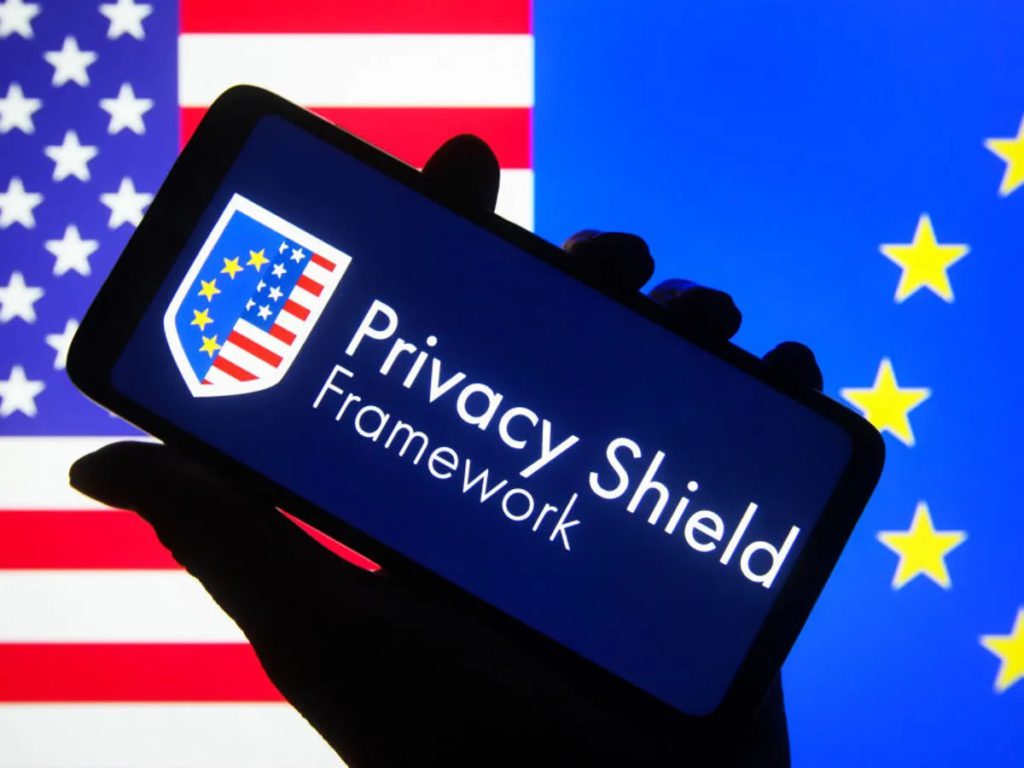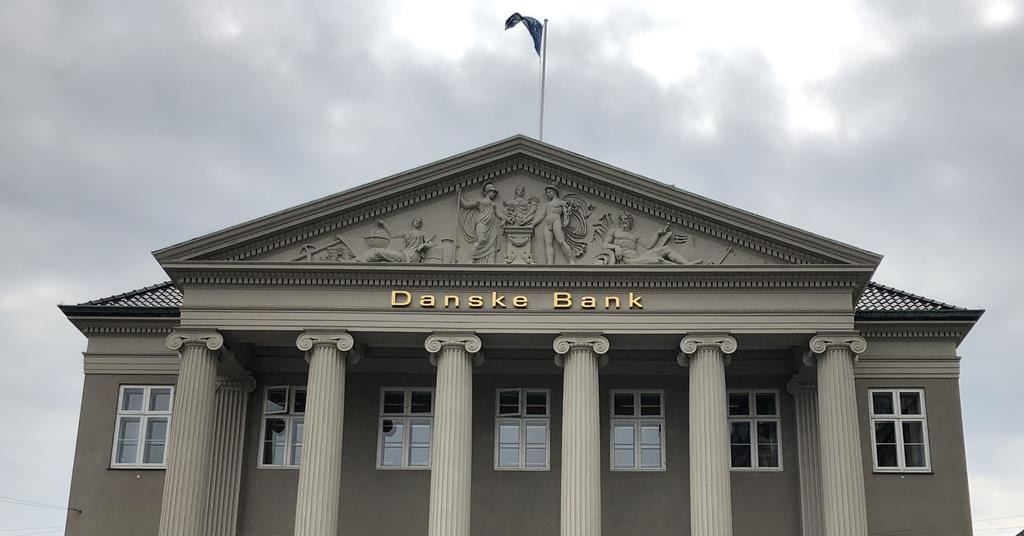8th April, 2022
8th April, 2022
Data privacy is one of the most important aspects of today’s business – and also one of the most difficult. Governments all around the world are taking note, and new rules are being implemented in the United States, Europe, and elsewhere that force businesses to be more liable for data breaches and to be more proactive about privacy and security.
As a result, a number of firms have launched data passports as a means of safeguarding data in the cloud and during transit. DataPassports is a data-centric security and privacy solution that ensures data security and privacy from beginning to end, with transparent data protection at the source. It allows companies to classify and value vital data, and then apply security and privacy safeguards to that data that are appropriate for the value.
DataPassports aids in the development of data trust and confidence. Data passport technology is built on traditional mainframe technology, which may now include full data encryption to ensure that every piece of data is secure. Even if data is taken, it cannot be used because it is encrypted.
Data passports make it possible to use encryption technology that was previously only available on a physical mainframe in cloud computing. Each piece of cloud data is assigned a passport, which may be used to check if the data has been misused, if the passport is still valid, and so on. These data passports also allow businesses to protect data and revoke access to it at any moment, across several clouds. Because the data travels with its passport — and its encryption — it will assist businesses in securing their data wherever it goes.
And this is the most essential advancement that distinguishes data passports: the protection and enforcement of data privacy and security are available on and off any given platform as the data travels. DataPassports allows you to protect your data and maintain privacy. We preserve it at the source, no matter where it goes. Although this technology is new, experts believe it will set a new standard for privacy and security in any company that collects, utilises, or transmits data, which includes virtually every industry in the world today.
Want to ensure that the data at your company is secure? Click here to know more about what cybersecurity steps you can take today.
Major Privacy Updates of the Week

The New EU-US Trans-Atlantic Data Privacy Framework
On 25 March 2022, the European Commission and the United States Government announced an “agreement in principle” on a new EU-US Trans-Atlantic Data Privacy Framework (the Framework). The purpose of this is to address the concerns that the Court of Justice of the European Union (CJEU) raised in the Schrems II decision, and thus allow the flow of personal data from the EU to the US in a manner that is compliant with the requirements of the GDPR.

The New EU-US Trans-Atlantic Data Privacy Framework
On 25 March 2022, the European Commission and the United States Government announced an “agreement in principle” on a new EU-US Trans-Atlantic Data Privacy Framework (the Framework). The purpose of this is to address the concerns that the Court of Justice of the European Union (CJEU) raised in the Schrems II decision, and thus allow the flow of personal data from the EU to the US in a manner that is compliant with the requirements of the GDPR.

Criminal identification bill passed by Lower House
The Criminal Procedure (Identification) Bill, 2022 seeks to update a British-era law to enable police to collect samples of a person’s biometric details, such as fingerprints and iris scans, if they have been arrested, detained or placed under preventive detention on charges that attract a jail term of seven years or more.

Criminal identification bill passed by Lower House
The Criminal Procedure (Identification) Bill, 2022 seeks to update a British-era law to enable police to collect samples of a person’s biometric details, such as fingerprints and iris scans, if they have been arrested, detained or placed under preventive detention on charges that attract a jail term of seven years or more.

Apple and Meta Gave User Data to Hackers Who Used Forged Legal Requests
In mid-2021, Apple provided customer data to hackers after they masqueraded themselves as law enforcement officials, shows a new report by Bloomberg. According to people familiar with the matter, the company provided basic subscriber details due to forged “emergency data requests.” Alongside Apple, Meta – Facebook’s parent company – also gave hackers users’ data. Snapchat also received a forged legal request from the same hackers, although it’s unclear whether the company provided information.

Apple and Meta Gave User Data to Hackers Who Used Forged Legal Requests
In mid-2021, Apple provided customer data to hackers after they masqueraded themselves as law enforcement officials, shows a new report by Bloomberg. According to people familiar with the matter, the company provided basic subscriber details due to forged “emergency data requests.” Alongside Apple, Meta – Facebook’s parent company – also gave hackers users’ data. Snapchat also received a forged legal request from the same hackers, although it’s unclear whether the company provided information.

Danske Bank fined $1.5M for data processing failures under GDPR
The Danish Data Protection Agency (Datatilsynet) has reported Danske Bank to the police and fined it 10 million Danish kroner (U.S. $1.47 million) for violations of the European Union’s General Data Protection Regulation (GDPR). The regulator recommended the Danish prosecution service impose its own separate fine over the bank’s failure to erase customers’ personal data in its systems. The Datatilsynet said Tuesday that Danske Bank had not been able to present proper procedures for deleting and storing personal data in more than 400 systems that hold millions of people’s data.

Danske Bank fined $1.5M for data processing failures under GDPR
The Danish Data Protection Agency (Datatilsynet) has reported Danske Bank to the police and fined it 10 million Danish kroner (U.S. $1.47 million) for violations of the European Union’s General Data Protection Regulation (GDPR). The regulator recommended the Danish prosecution service impose its own separate fine over the bank’s failure to erase customers’ personal data in its systems. The Datatilsynet said Tuesday that Danske Bank had not been able to present proper procedures for deleting and storing personal data in more than 400 systems that hold millions of people’s data.

Chinese hackers target India's power grid near Ladakh, failed
Chinese state-sponsored hackers targeted Indian electricity distribution centres near Ladakh over the last eight months, a report by private intelligence firm Recorded Future said on Wednesday, in a new potential flashpoint following a protracted military standoff between the two countries in the region. The government said the attacks were not successful. Notably, this targeting has been geographically concentrated, with the identified SLDCs located in North India, in proximity to the disputed India-China border in Ladakh.

Chinese hackers target India's power grid near Ladakh, failed
Chinese state-sponsored hackers targeted Indian electricity distribution centres near Ladakh over the last eight months, a report by private intelligence firm Recorded Future said on Wednesday, in a new potential flashpoint following a protracted military standoff between the two countries in the region. The government said the attacks were not successful. Notably, this targeting has been geographically concentrated, with the identified SLDCs located in North India, in proximity to the disputed India-China border in Ladakh.
WEEKLY PRIVACY NEWSLETTER
Keep up to pace with this high-impact weekly privacy newsletter that
features significant data privacy updates, trends, and tools that can
help to make your life secure & easier every day!
*By clicking on subscribe, I agree to receive communications from Tsaaro




